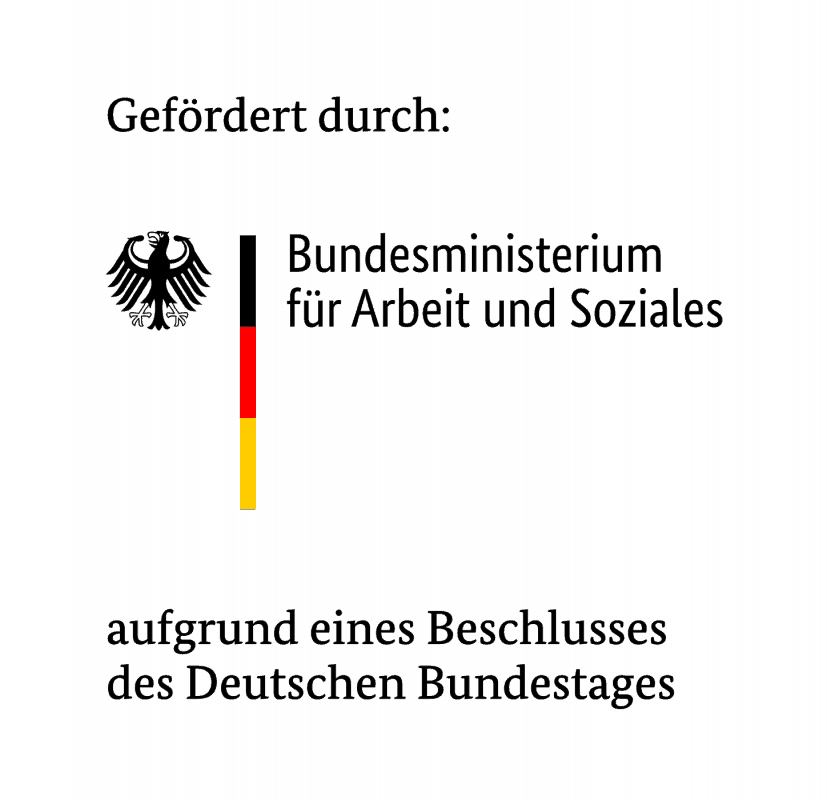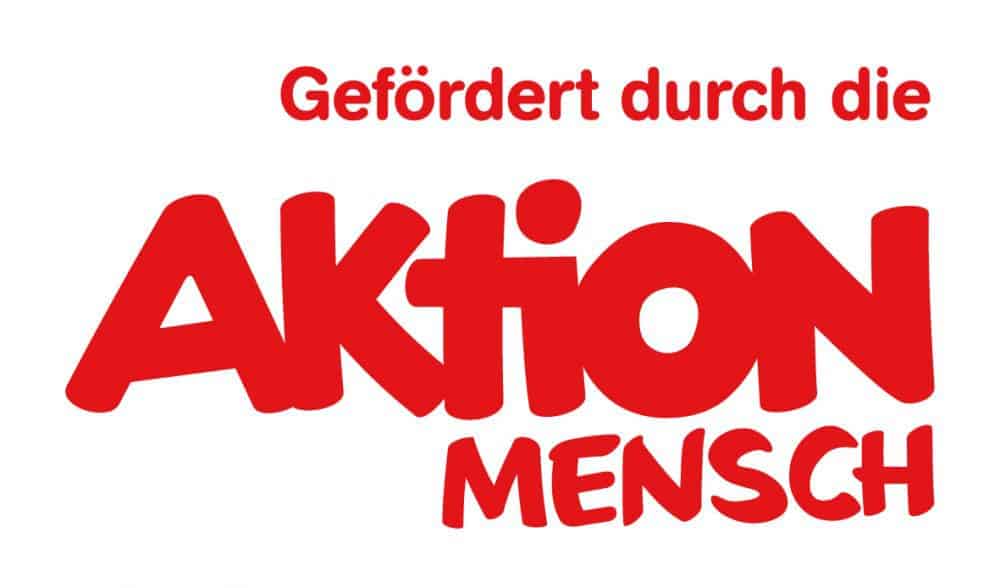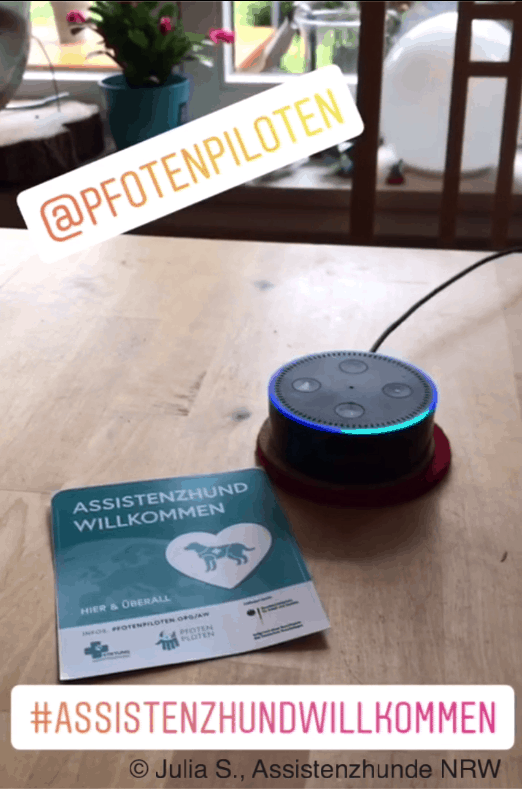In November 2019, Cologne became the first city in Germany to join the nationwide access campaign launched by the Federal Ministry of Labour and Social Affairs (BMAS) with the non-profit organisation Pfotenpiloten.
The campaign aims to make it easier for people with disabilities who rely on the help of an assistance dog to access public spaces.
The initiator was assistance dog owner Julia Standke from Assistenzhunde NRW.
“The city of Cologne has taken the lead with this important step. We are confident that many cities will join their initiative,” said City Director Dr Stephan Keller.

“Unfortunately, access is still often denied to those affected,” explains the Disability Commissioner, Dr Günter Bell. Many people are not aware that, in addition to guide dogs for the blind, there are also assistance dogs for various other disabilities – important everyday helpers for the owners. Assistance dogs are also used, for example, for people with epilepsy, autism, hearing impairment or mobility impairments.
Educating people about the rights of assistance dog teams is an important step towards implementing the UN Convention on the Rights of Persons with Disabilities (CRPD) in Germany, says Günter Bell. This was ratified by all other European countries more than 10 years ago. In Articles 9 and 20, it confirms the right of persons with disabilities to participate in life on an equal footing with their “animal help”.
“Assistance dog welcome – here and everywhere”: Stickers with this message were placed on all service buildings of the City of Cologne with public traffic and these were entered into the DogMap.
City director Dr. Stephan Keller and Dr. Günter Bell, the city’s commissioner for people with disabilities, made a start and, together with assistance dog owners, affixed the first plaque to the Deutz town hall.

The “Assistance Dog Welcome” campaign was made possible by funding from the Federal Ministry of Labour and Social Affairs (BMAS) and the Aktion Mensch.



